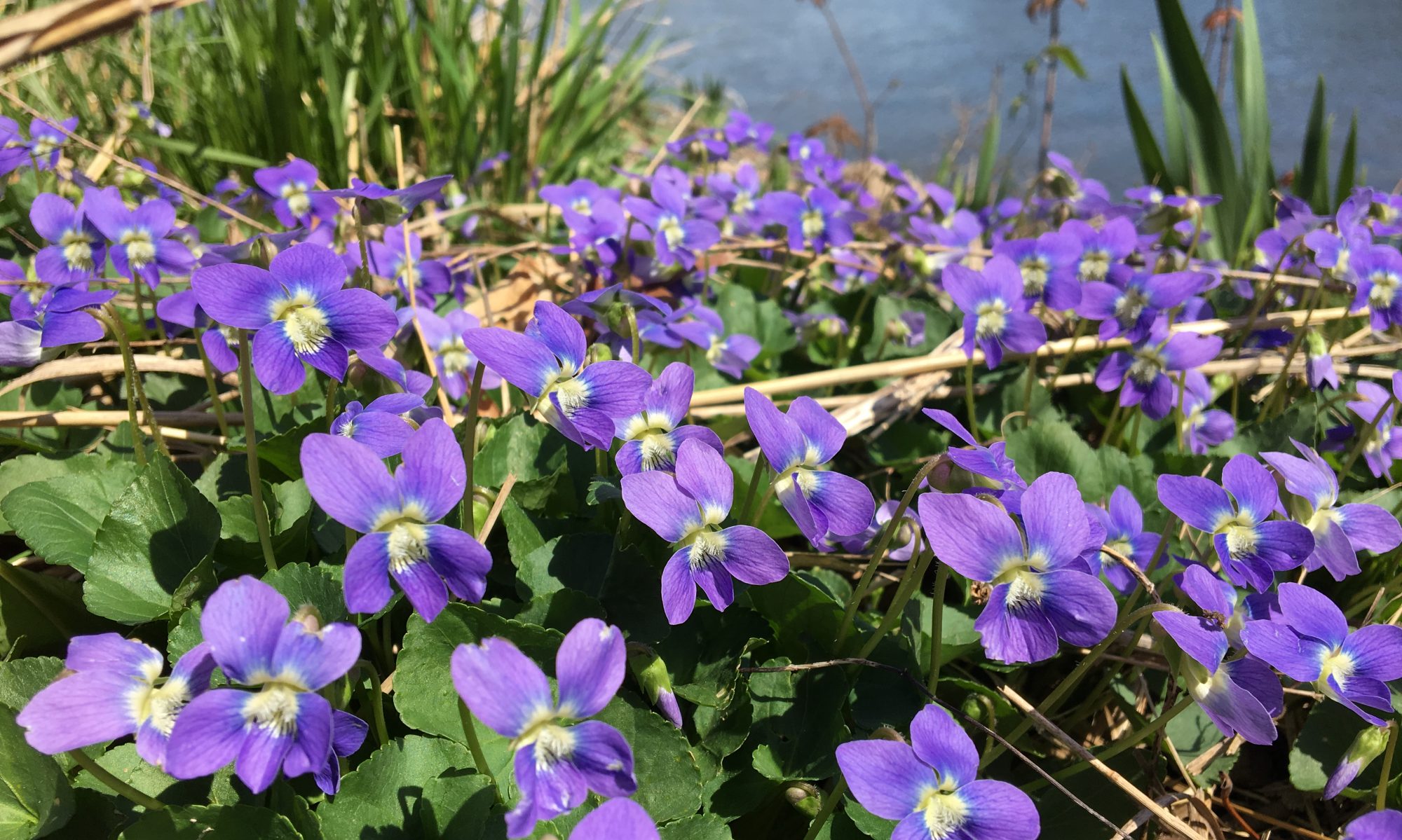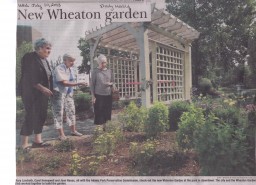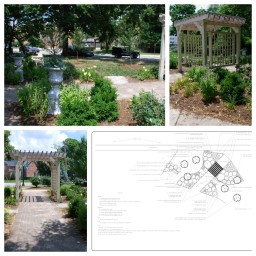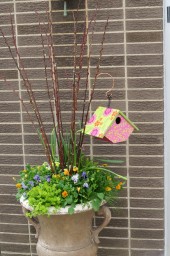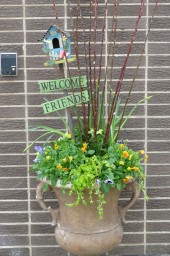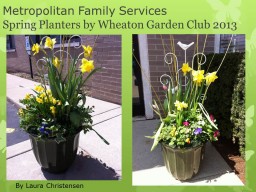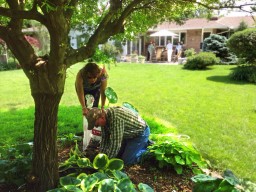
Our last club meeting of the season was held in lovely garden of John Richter. John not only gave us a tour of his 650 kinds of Hostas but sold us some of them right out of his garden! If you want to learn more about John’s garden, call him at (630) 393-3279.
How to Care For Your Garden/Gardening Tips
With this source Plant care can be simple when you know what to look for. Below are a few key care tips for maintaining a vibrant and healthy garden:
Check the health of your plants. Whether you’re transplanting plants from nurseries or growing your own from seeds, fully inspect your garden plants to make sure they are pest and rot free. Bringing in infected or diseased plants can harm the whole garden. Aside from plant disease, destructive bugs like aphids, gnats, and whiteflies should be eliminated using pest control Box Hill services.
Water properly. Overwatering can lead to fungi growth, leaf spots, and unhealthy plants. Only water as often as necessary during the growing season for your specific plant species, and let the soil dry between waterings to keep from oversaturating. The trick is to keep your garden well-watered but not soaking, and avoid wetting the foliage. You can get great information on this if you visit goodfellers.ie. Water directly onto the soil instead. This is easy to do when watering by hand, but if you want to automate things, opt for a drip irrigation system rather than sprinklers.
Treat your soil. Soil degrades over time and needs to be refreshed every so often. You can buy new soil from a local garden center, so make sure to check the quality of your garden soil and replace when necessary. Adding mulch is also useful for retaining the soil moisture of your garden. Mulching material will keep weeds down while also supplying organic matter to your soil when it begins to degrade. Fertilizing your garden is another method to keeping it healthy. Depending on the type of plant species you’re growing, use the right amount of fertilizer and apply appropriately to make sure you don’t overstress your plants.
Clean your gardening tools. Garden tools should be cleaned to control disease and prevent transferring any bacteria or dangerous elements into your garden. In addition to the other methods of garden care, clean tools can help keep your garden healthy longer.
